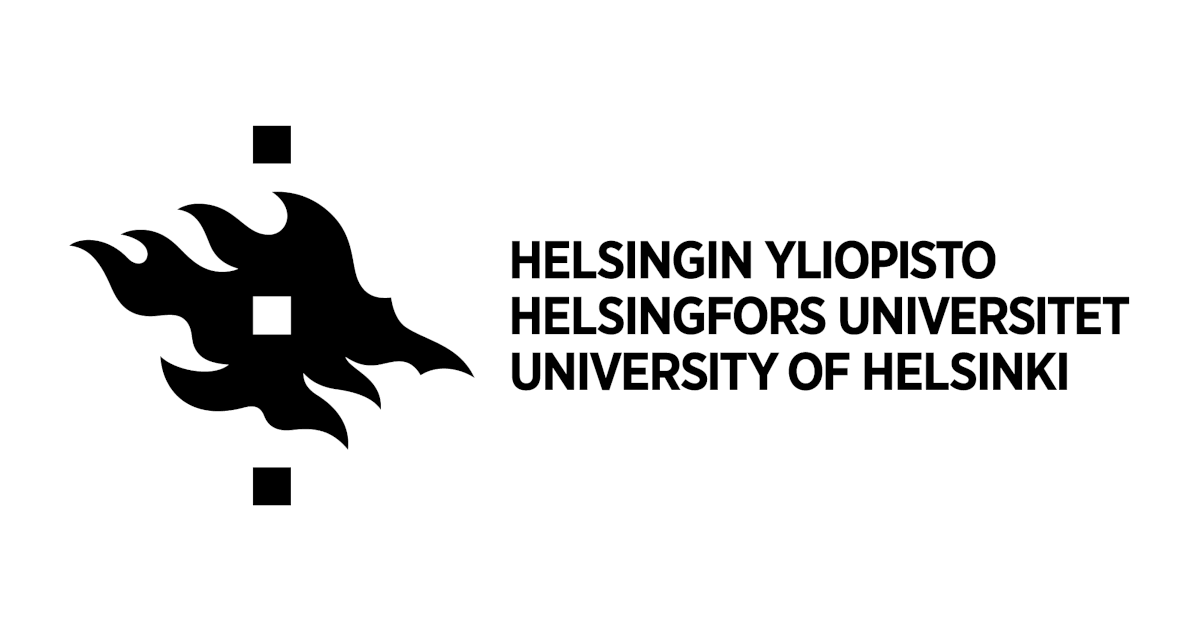| Submission Deadline | TBD |
| Notification of Acceptance | TBD |
| Final Version Due | TBD |
| Conference | TBD |

Keynote speakers
2025 ISBRA Conference – August 3 - 5, 2025 (Helsinki, Finland)
|
Dr. Jing Tang
Associate Professor Biosketch Dr. Jing Tang is an associate professor of medical bioinformatics at the University of Helsinki. He received Ph.D. in statistics from the University of Helsinki. During the Ph.D. study, he developed Bayesian model-based clustering methods for identifying bacterial population structures, and further proposed a network model to estimate the inter-clustering genetic exchange. During his post-doc at the VTT Technical Research Center of Finland, he developed partial correlation networks to distinguish causality from associations when integrating multi-omics data. He is an awardee of the prestigious ERC Starting Grant 2016, focusing on informatics approaches to predict, understand, and test personalized drug combinations in cancer. All the methods are offered with open-source tools that life science and drug discovery researchers frequently use. Recently his team has won three international competitions (DREAM Challenges) for the prediction of drug targets, drug sensitivity, and immunotherapies. Keynote Title & Abstract
Title: Network pharmacology approaches to predict, test and understand drug combinations in cancer |

|
